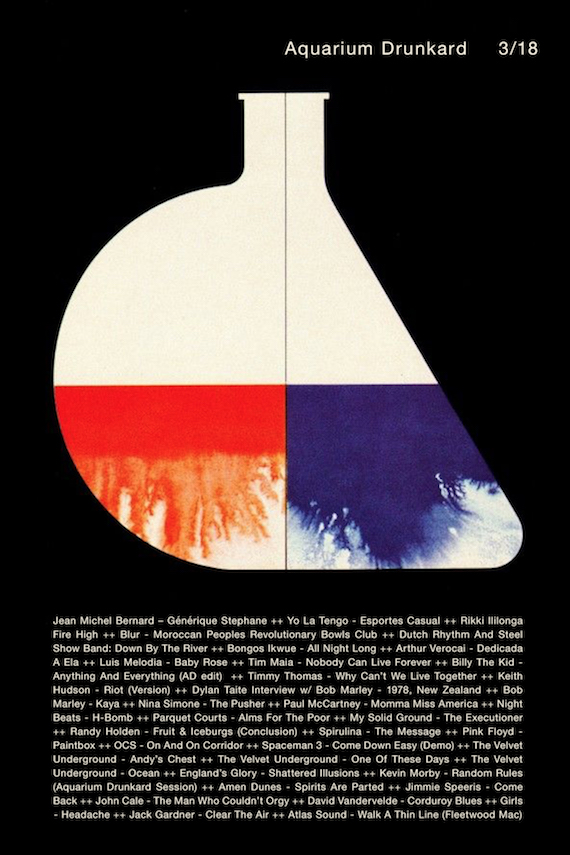
Over and over again on Amen Dunes’ fifth album Freedom, songwriter Damon McMahon punctuates lyrics with the word “man.” “We play religious music/I don’t think you’d understand man.” “I really gotta go/yeah man.” “Pride destroyed me, man.” The word peppers his sentences in conversation, too. It’s this and that “man,” repeatedly. Even while describing the guiding principles of feminist New Mexican artist Agnes Martin, whose creative principle — “I don’t have any ideas myself; I have a vacant mind” — is quoted at the start of the record, McMahon employs a masculine pronoun: “She’s my boy, my kind of artist.”
But McMahon’s relationship to masculinity isn’t one-sided, and it’s rarely celebratory. Like his last record, the sprawling and destined for classic status Love, the new lp opts to grapple with huge themes. McMahon didn’t go in with a design to write about mythical maleness, ego, his parents, and about the process of “relinquishing…various definitions of self,” but that’s what he ended up with, employing a wide cast of characters to set his scenes. Small-time crooks and dealers show up; so does Jesus Christ; so does awesome asshole Miki Dora, the surfer who, after being featured in films like The Endless Summer, hightailed it out of the US to avoid getting busted for fraud.
McMahon finds no small share of ugliness and beauty in these complicated character sketches. The sounds he pairs with them are just as thorny. Working with collaborators like drummer Parker Kindred, guitarist Delicate Steve, Nick Zinner of the Yeah Yeah Yeahs and others, McMahon blends spiky guitar pop with electronic textures, shifting from motorik pulses to bass-heavy boogies. The spectral folk of previous records is still there, but its augmented with post-punk melodies and funky lift. It’s always been tough to describe the sound of Amen Dunes records, even with names like Skip Spence and Lou Reed at the ready, but Freedom‘s the toughest to pin down yet. Conceptually and sonically, it’s an auteurist step forward.
Speaking over the phone from New York, McMahon detailed the way it often feels like he’s channeling his songs as much as writing them. “There’s no use in being close-hearted,” he sings in “Skipping School,” and speaking with the artist, it’s clear he’s out to free himself of any notions — masculine or otherwise — that would keep him from staying all the way open. Our conversation has been condensed and edited for clarity.
Aquarium Drunkard: You’ve made a couple of classic albums as Amen Dunes, but Freedom sounds effortless in a way that illustrates how hard you must have worked to make it. How does this one feel different than the others?
Damon McMahon: I’ve never focused so hard on crafting music before. I gave myself time to revise and re-approach all kinds of things. I mean, even just the songs themselves. The writing of the songs on an acoustic guitar took me at least a year of consistent writing. It was an endless iteration of each song, and then once we got to the recording process, that’s a whole other stretch of time, and then vocals, lyrics, and mixing, I mean…it was extensive.
AD: At one point you had recorded a version of this record, but then scrapped it. Why?
Damon McMahon: Well, it just didn’t sound inspired, man. There wasn’t that divine spark in it, and that led it to sounding bad and the takes not being good and a little limp. It just didn’t have the energy, and I don’t think I was ready at the time. Also, it wasn’t as heavy-duty of a recording scenario as we ended up getting, so I think that affected it, too.
AD: When you go to a place like Electric Lady, as a music listener and fan, what does it feel like to make music in a space like that?
Damon McMahon: Electric Lady was a real gift. Man, that place.

























